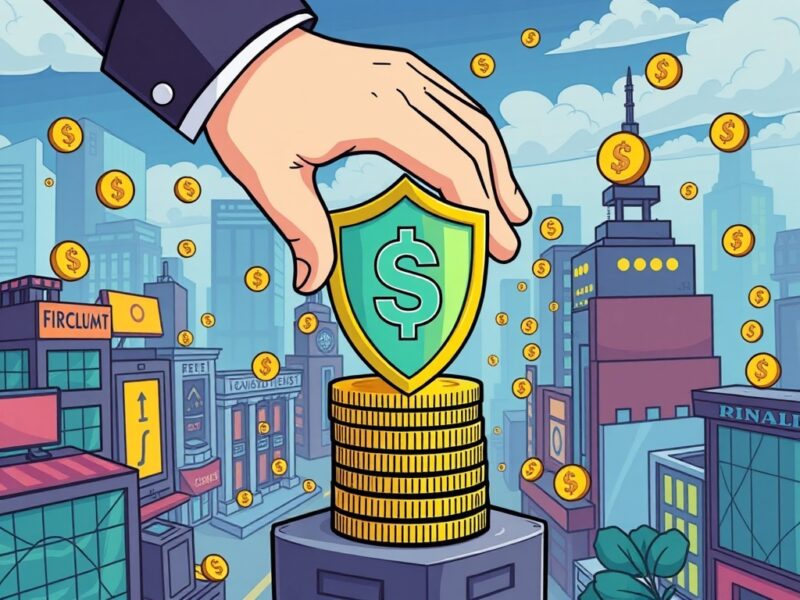Norway bans new power-intensive crypto mining to conserve electricity
Norway will temporarily ban the launch of new crypto mining data centers in an effort to reduce energy usage.
Norway is cracking down on energy-intensive crypto mining operations. On Friday, June 20, the Norwegian government announced a temporary ban on new data centers that mine crypto. The ban, which will take effect in August, is intended to curb the significant energy consumption associated with mining activities.
The move is part of an ongoing crackdown on crypto mining in the country. In April, Norway introduced a bill to regulate its data centers, including those involved in crypto mining. Under the proposed law, data centers must register and disclose ownership information. Minister Tung stated plainly that the goal is to “close the door on the projects we do not want.”
Norway becomes a hub for crypto mining
Due to its cheap and abundant electricity, Norway has become a hub for crypto mining—particularly in the northern regions, where energy and real estate costs are even lower. According to Webopedia, Norway contributes 2% of the global Bitcoin (BTC) mining hash rate.
For this reason, the mining operations require a significant amount of electricity. What is more, the government doesn’t believe that mining operations significantly contribute to the local economy and job creation. For this reason, the government wants to prioritize electricity usage for other sectors of the economy.
In addition to its oil reserves in the North Sea, Norway benefits from significant hydropower capacity due to its geography. This renewable energy source does not burn fossil fuels, making it a more sustainable option from a carbon-neutral perspective.
You May Also Like

Ripple Document Uncovered: The Trademark That Caused a Buzz

South Korean Stablecoin Bill: A Pivotal Move for Crypto Stability
